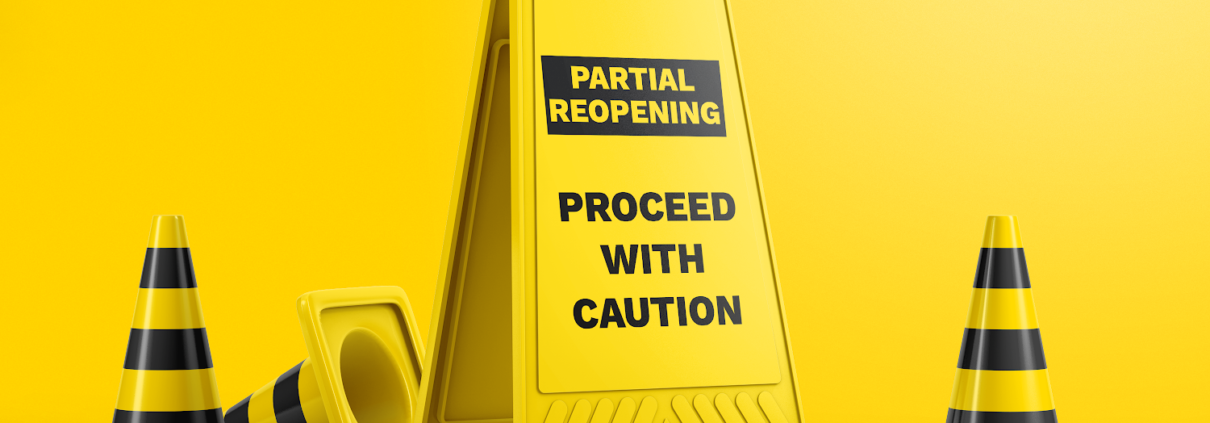What Reopening Means For Workers
Essential workers have been on the frontlines in the past months, risking exposure to the virus to continue providing essential services, often for low pay and without the option of staying home and receiving unemployment. Their rights, or lack thereof, have been one of the main parts of a national discussion as COVID-19 has thrown United States’ infrastructure and working conditions into sharp contrast with other developed nations. As many parts of Wisconsin suddenly reopen following the State Supreme Court decision issued on Wednesday, it is not only essential workers who are having to leave the relative safety of their homes, and many workers are uncomfortable with the protection and accountability measures enacted by the government to ensure their safety in the workplace during this pandemic.
Some counties are issuing their own stay-at-home or social distancing orders, but many still have not. You can find more information on individual county mandates here.
But what if businesses don’t follow safe practices or employees still don’t feel safe to return to work? There are depressingly few options and very little legal guidance available for workers at this time, but we are committed to following this issue and providing updates.
When refusing to return to work is tantamount to quitting, that’s not an option for most people. What else can you do? You can file a complaint with the Occupational Safety and Health Administration (OSHA), contact your local law enforcement (don’t call 911 or emergency services), contact the Department of Health or other relevant agencies.
This leaves workers concerned about their health in a very difficult position. Here are some recommendations on how to handle this situation if you find yourself in the position of having to go back to work before you feel comfortable to do so:
· Familiarize yourself with suggested reopening business guidelines and report to the recommended agencies, with the option to do so anonymously, if you feel the business is operating unsafely. Read more about recommended reopening guidelines here.
· If it is still an option to work remotely, do so.
· If your work is not providing PPE, do your best to wear your own PPE and follow social distancing protocols.
· Do not touch your face.
· When you get home, disrobe and wash your clothes immediately and then take a shower.
Because this is such a novel situation we are in, legal precedents have yet to be set. If you cannot find PPE in your area, the resource section on our website has links to how to make your own masks and disinfectant under “Protective Guidance.”
To file a complaint through OSHA, click here.
To file a complaint through the Department of Health, click here.
This article provides some additional information on what the ruling means for businesses, workers, and consumers.
Yours in Strength,
The Take Back Control Team




Leave a Reply
Want to join the discussion?Feel free to contribute!